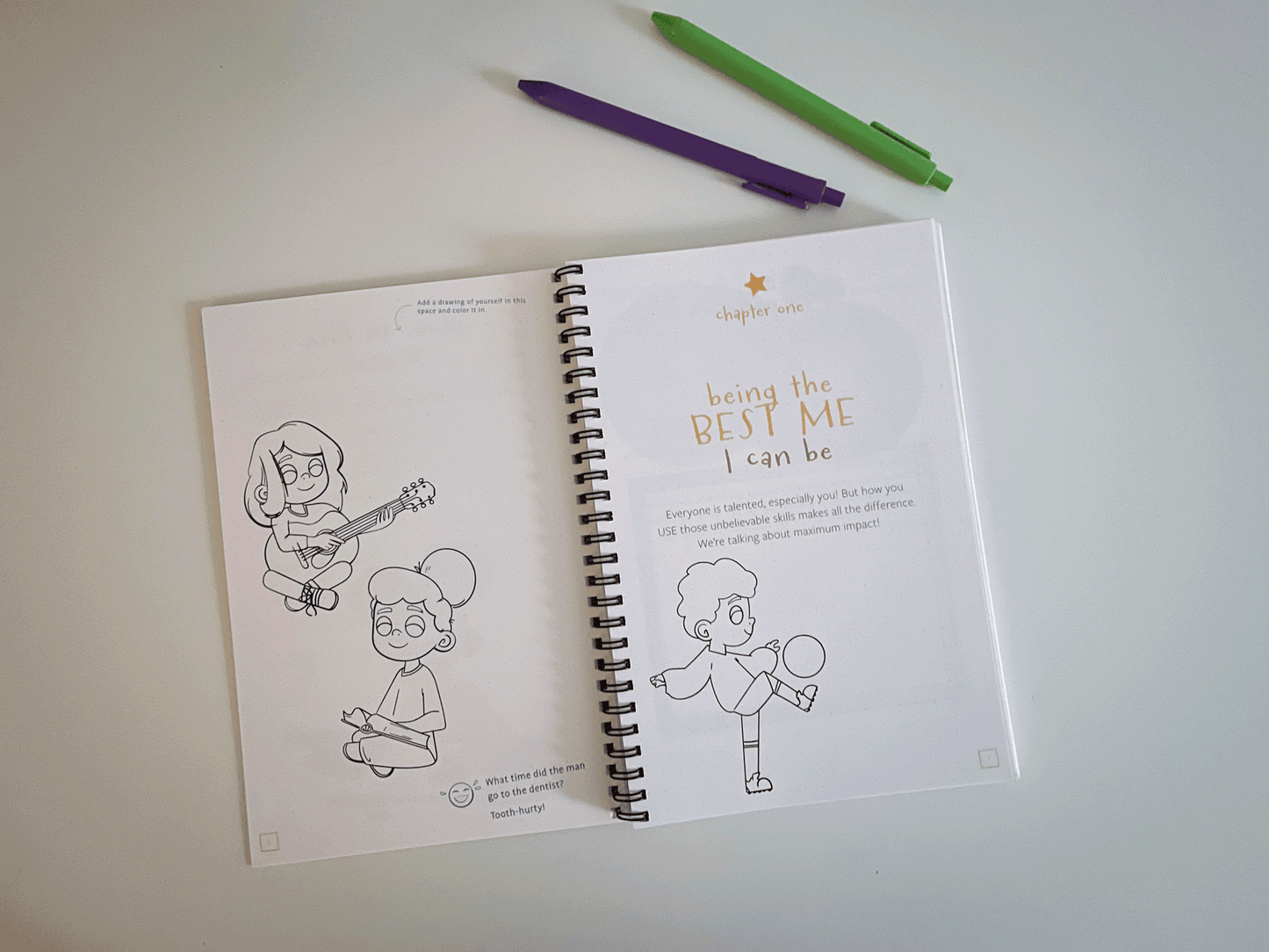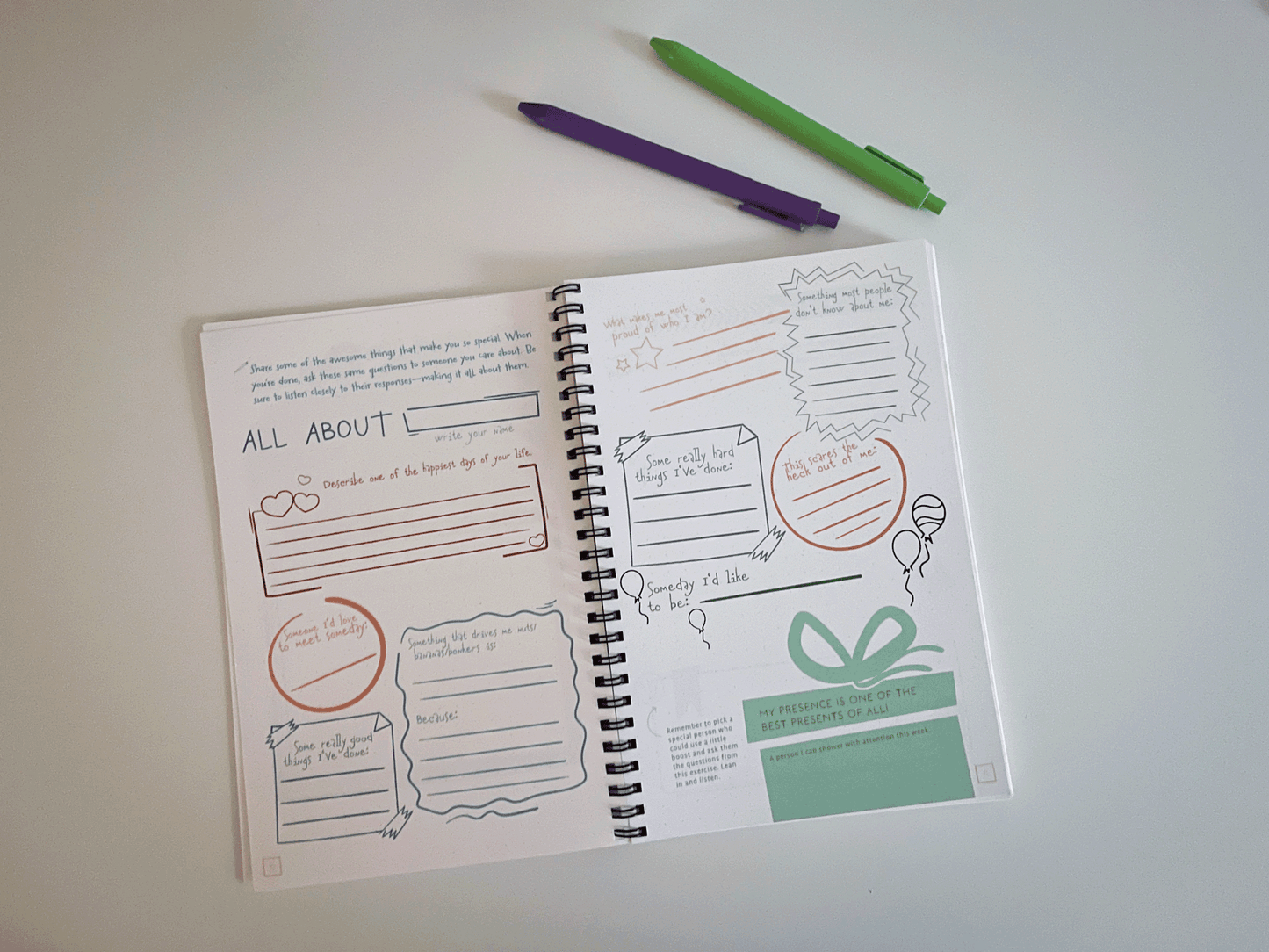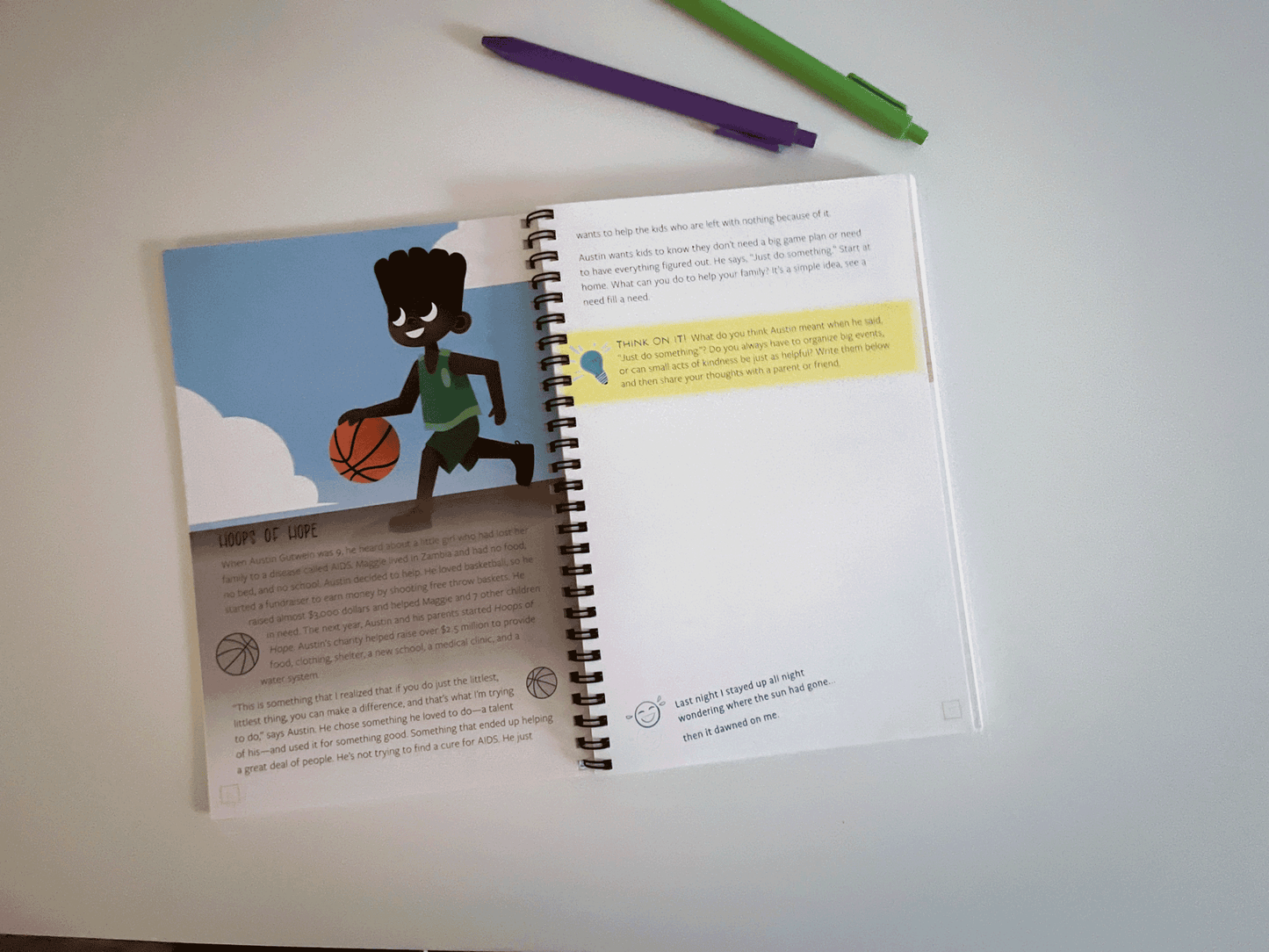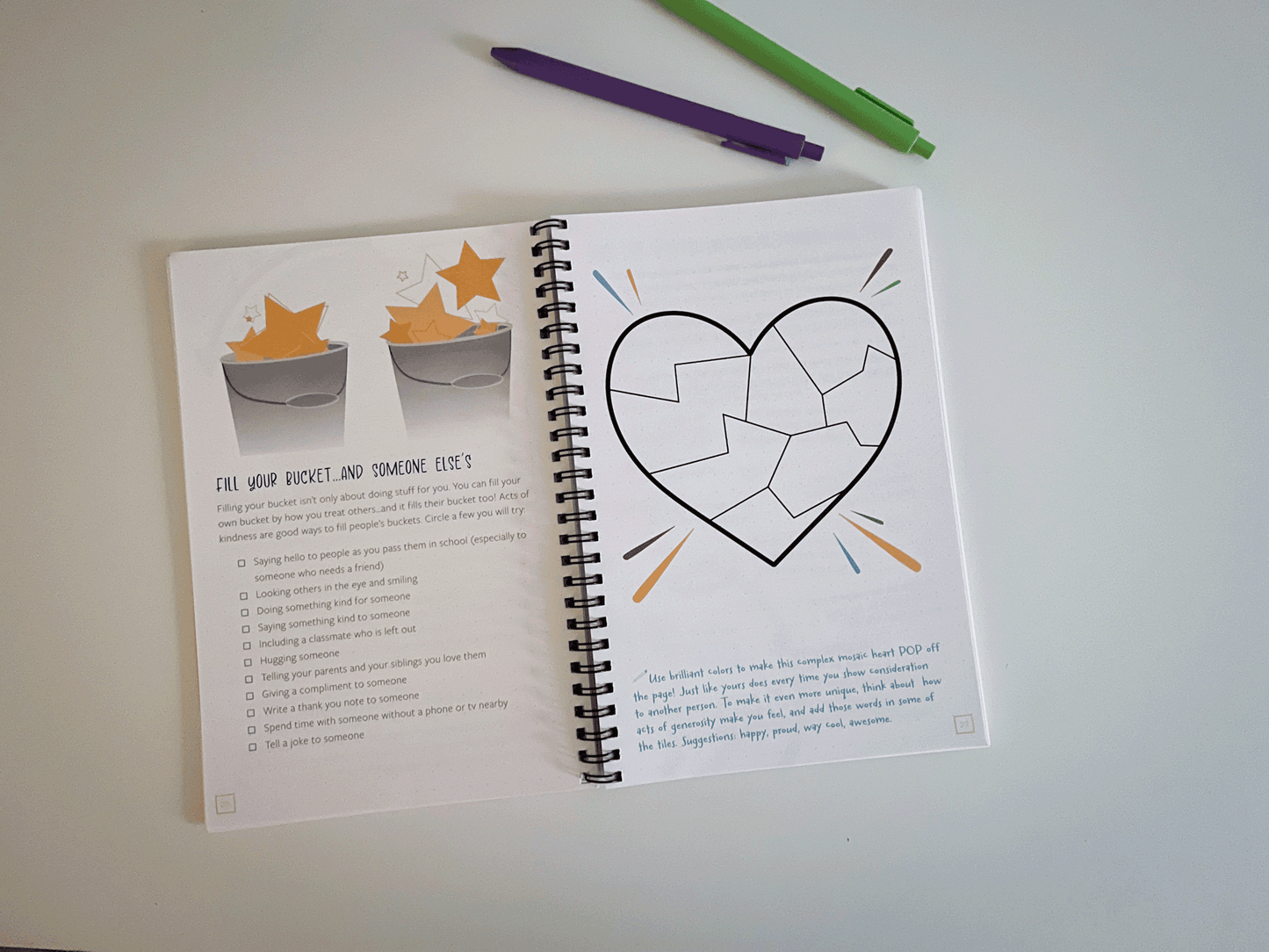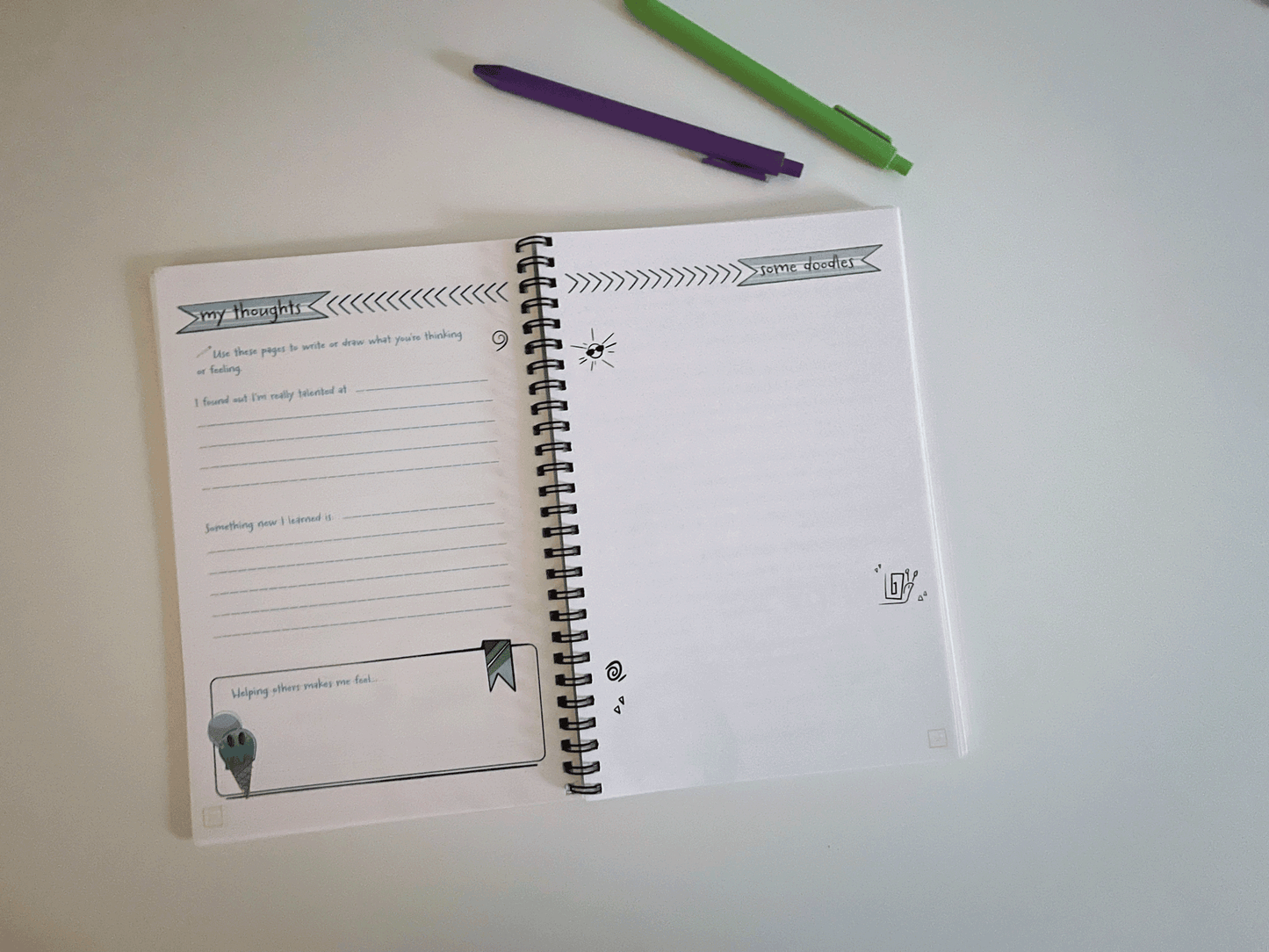Help! Is My Hectic Lifestyle Hurting My Character?
Mary Jo GerdNo time to stop! In a hurry here…
Talk to any parent and you’ll hear about their crazy busy schedule. That’s because most of us have two distinct modes: sleeping and rushing. When we’re not getting some much-needed elusive shut-eye, we’re racing somewhere—appointments, school, practices, meetings, the grocery store, work, and on and on. From the moment we get up, we have things to get done—and fast! Add to that the demanding expectations of our instant gratification culture—
“I texted you that we had a meeting after school today. Didn’t you get it?”—and we’re like hamsters on a wheel to nowhere. Many of us just grin and bear it because it’s par for the course in any family dynamic in this season of our lives, right?
Wait a hot minute! If this rushing to and fro is something we’re just resigned to “get through,” we should at least take an honest look at how it’s affecting our character and our relationships with our spouse and children. I don’t know about you, but there are times I feel as if I’m losing my mind. Well...
According to a very telling study done back in the 1970s, our perpetual rushing creates a big loss for all of us. While it would be easy to dismiss findings from a study that took place almost 50 years ago, in some ways they’re even more significant now in our frenetic “iGen” culture. Two social psychologists from Princeton University wanted to find out how our strongly held beliefs would hold up in a time crunch. Spoiler alert: rushing is hurting our character!
It’s aptly nicknamed “The Good Samaritan Study.” The researchers set out to discover the truths hidden in the Biblical story relayed by Jesus. If you recall, Jesus questions what it means to be a good neighbor. He tells the parable of a Jew who is beaten and left for dead. Along comes a priest and a Levite who strolls right past the ailing man. But the Samaritan, considered the political/religious/societal enemy of the Jew, goes out of his way to help the man-in-need. The Samaritan is the unlikely hero of charity and kindness. This parable seems to be teaching that strict adherence to religion, as witnessed by the priest and Levite—both highly esteemed figures, doesn’t ensure that someone will actually practice what they know. Instead, we see that intentionally living out the tenets of a religion is what constitutes being a good neighbor.
Flash forward roughly 2,000 years. The Princeton study conducted behavioral experiments on seminary students—people on the path to becoming Christian ministers. We’d assume it was a particularly virtuous bunch. Part of the experiment was a “set-up.” Some seminarians were told they had to give a recorded talk on professional job suggestions for seminary graduates. While others were asked to give a talk on the story of the Good Samaritan. An assistant instructed each student individually to walk to a nearby building where researchers were waiting to record their talk on the designated topic. Some of the seminary students were told they were on time, some were told they were a little late, and others were told they were very late. On each student’s short walk to the nearby building, he encountered a person (an actor) lying in the very narrow alley who appeared in distress, groaning and lying on the ground. Their hypothesis: the students about to give a talk on the topic of the Good Samaritan would take the time to check on the person in his path...
The Shocking Findings:
Less than 50% of the participants stopped to ask if the person needed help. In fact, many literally walked over the person in their path. This included those about to give a talk on the Good Samaritan!
Interestingly, the topic they were going to discuss at the next building was not a predictor of how likely they were to help. But, the level of hurrying they felt had a major impact.
- Those in a great hurry only helped 10% of the time
- The medium hurry group helped 45%
- Low hurry participants helped 63%
The psychologists concluded that hurrying is a major factor in our critical thinking. When we’re rushing, we’re not fully aware because we’re “hell-bent” on completing a task. We are wearing psychological blinders. It’s not that each person who passed the “victim” made the conscious choice to avoid helping, it was more likely that being in hurry mode caused them to not even notice what was right in front of them, or that they prioritized the waiting psychologists over the person-in-need.
The Take-Aways
We need to Slow. Down. Now. But how? It’s not like the demands of our over-scheduled days are going to lessen any time soon. We can’t just stop being busy all the time, or can we? If we care, which is inherent in intentional parents like you and me, we need to ponder the effectiveness of what we’re telling ourselves and our kids versus what we’re actually modeling to them in our day-to-day lives.
- Are we too much in a hurry to notice those in our lives who are struggling, maybe even our own spouses or kids?
- Are we living intentionally in a way that values everyone we encounter or have we carved out our days to merely survive?
- Are we able to say no to some good things in order to say yes to the very best things—like growing in character strength by being available to our family and friends?
- Are there small ways we can consciously stop rushing today?
Next week, we’ll tackle some easy-peasy tips to put an end to all that rushing. In the meantime, choose to revel in some moments of stillness today. Seek out someone who needs help. Surprise, they may be right under your nose... or under your very own roof.
If you have an issue you’d like our help with, drop us a line at Hello@FamiliesofCharacter.com. If you’re experiencing a problem, chances are thousands of other families are in the same boat. We’re ALL in this parenting boat together!
Remember to tap into our Thrive Community on Facebook. It’s free and our team’s very own clinical counselor offers helpful tips and encouragement to parents who are adventuring together.













